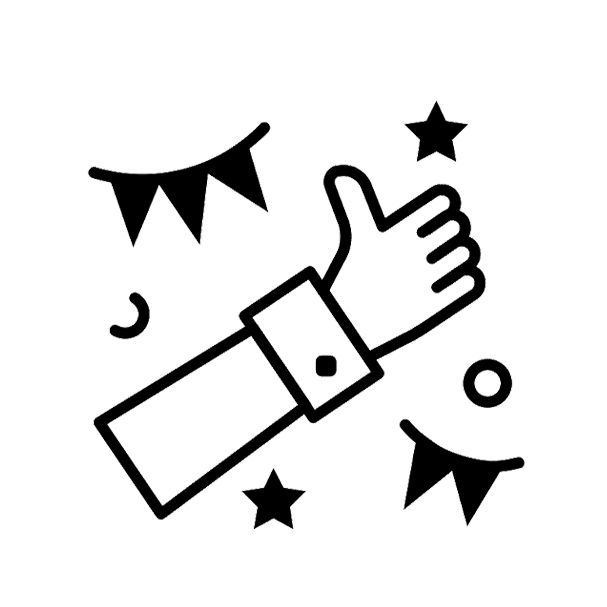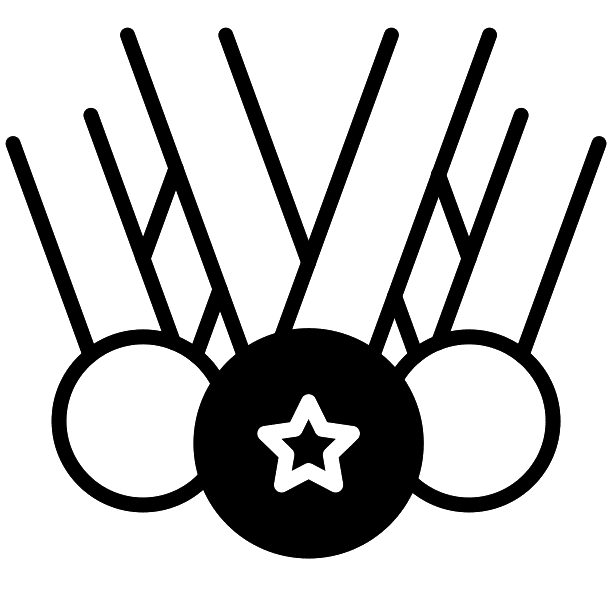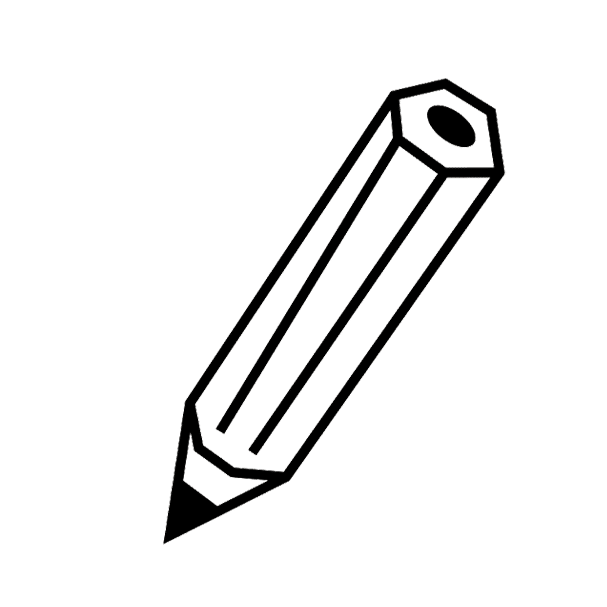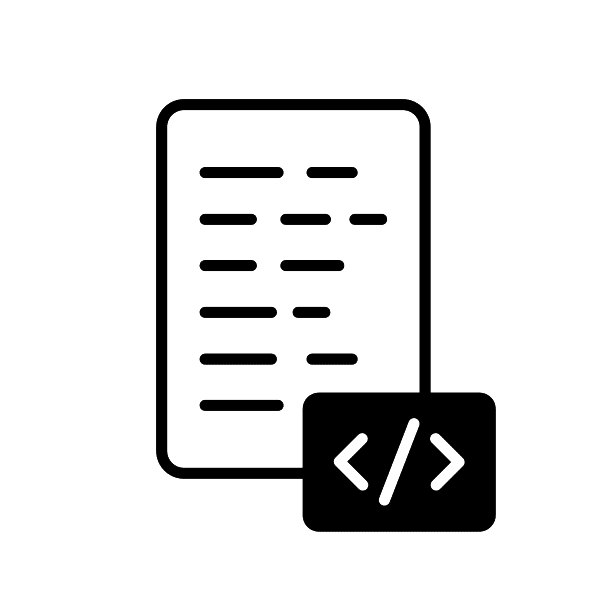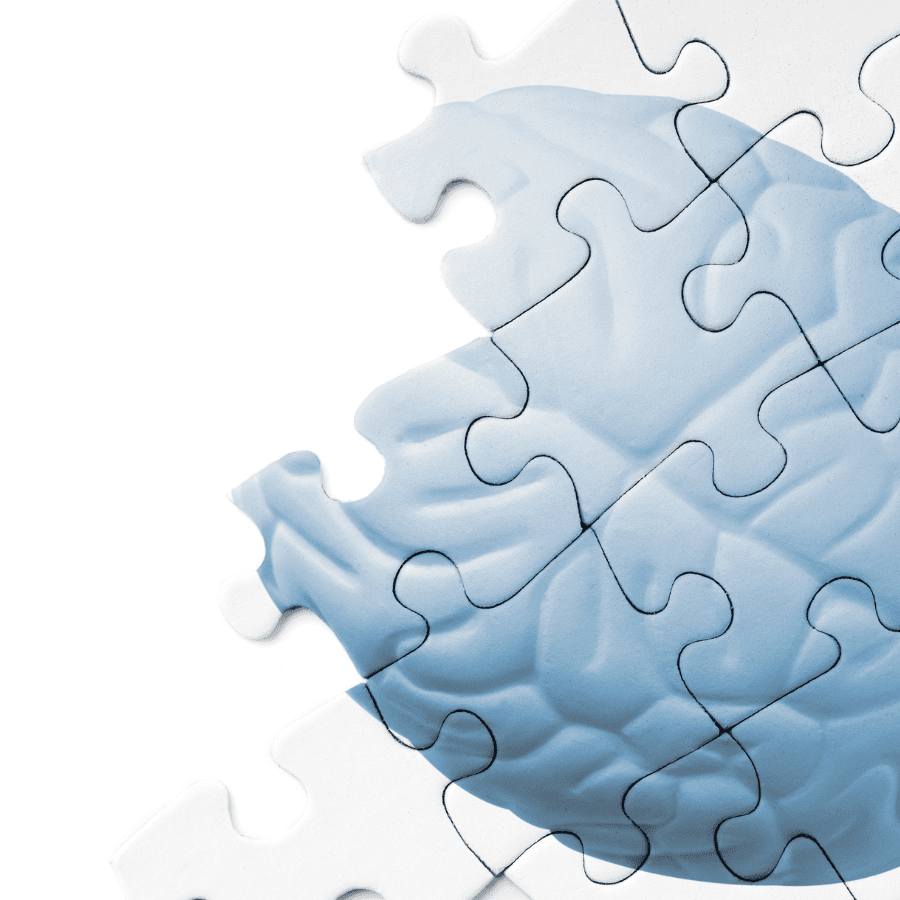Introduction
One of the challenges of being a student is taking effective notes. It’s easy to write down what you think the teacher is saying and then later realize that you missed half the important information. If you want to get the most out of your classes and make sure that you’re learning everything you need, then it’s vital that you learn these techniques for taking good notes in class:Keep a record of your notes.
Here are a few tips for keeping your notes organized:- Use a notepad, or a computer program like Evernote or OneNote. If you choose to use an electronic device, make sure it’s easy to access so that you can refer back to it at any time.
- Keep your notes organized by topic and date of creation. This will help keep the information clear in your mind when reviewing them later on!
Listen carefully to lectures, then take notes on what you heard.
Listen carefully to lectures, then take notes on what you heard.- Don’t just listen, but also think about what you are hearing.
- Write down the main points of what the teacher is saying, not every word or every detail. You can always go back and fill in any details later if need be; don’t worry about writing down everything, just write down the main points for now!
- Don’t take notes on what you think the teacher is going to say (for example: “I bet she’s going to talk about…”). Instead focus on listening attentively so that when she does talk about it, there will be no question in your mind as far as whether or not this was worth writing down!

